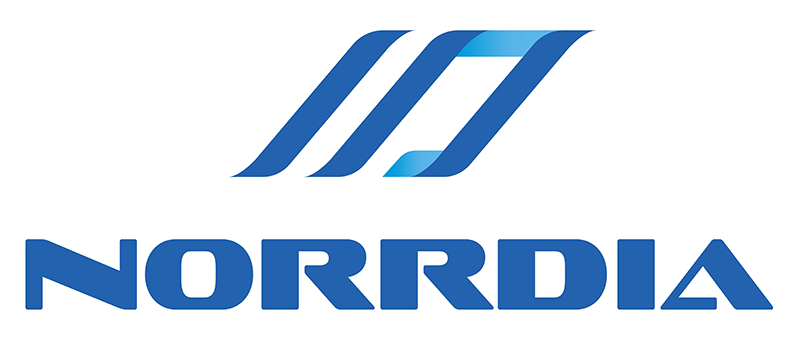
Workshop
PRE-CONFERENCE POCUS WORKSHOP October 2nd, 2025
Point of Care Ultrasound (POCUS): Science and Practice
This course offers nephrology and critical care providers an opportunity to build a strong foundation in Point-of-Care Ultrasound (POCUS), with a special emphasis on common pathologies seen in acutely ill patients. Through a combination of concise, high-yield lectures and interactive hands-on sessions, participants will develop essential skills in image acquisition and interpretation. By the end of the workshop, they will understand the key indications for POCUS, be able to distinguish normal from abnormal findings, and know how to incorporate these insights into clinical decision-making. The ultimate goal is to provide participants with practical skills that will empower them to advance their POCUS training confidently.
Learning Objectives: The core focus of this course is as follows:
1. Cardiac:
A. Echocardiography techniques
B. Qualitative assessment of chamber size
C. Qualitative assessment of systolic and diastolic function
2. Thoracic:
A. Qualitative assessment of pleural effusion size and characteristics
B. Assessment of alveolar consolidation, pneumothorax
C. Assessment of diaphragm function
3. Vascular and Vascular Access:
A. Patency and caliber of main veins for catheter placement
B. Identifying the presence of a thrombus
C. Basic examination of an arteriovenous fistula/graft
4. Hemodynamic and Fluid Evaluation:
A. Inferior vena cava visualization and assessment
B. Venous Doppler assessment
C. Estimating stroke volume / cardiac output
Schedule - Participants will be allocated into groups of 3-4. They will rotate through each of the stations to review the principles of image identification and interpretation and get hands-on experience with the ultrasound probes.
| 08:00-08:15 | Welcome |
| 08:15-08:45 | Introduction to Basics of Echocardiography Speaker: Associate Professor Surat Tongyoo/ Dr. Thipthorn Ariyachad |
| 08:45-09:15 | Hands-on 1st station |
| 09:15-09:45 | Introduction to Basic of Lung Ultrasound Speaker: Associate Professor Pattarin Pirompanich/ Assistant Professor Chaisith Sivakorn |
| 09:45-10:00 | Hands-on 2nd station |
| 10:00-10:30 | Coffee Break |
| 10:30-11:00 | Vascular Ultrasound and Vascular Access Speaker: Assistant Professor Satit Rojwatcharapibarn |
| 11:00-11:30 | Hands-on 3rd station |
| 11:30-12:00 | Introduction to Fluid responsiveness and cardiac ultrasound Speaker: Professor Eric Hoste |
| 12:30-14:00 | Lunch Symposia: Lunch Hosted by Conference for Workshop Participants |
| 14:00-14:30 | Venous congestion assessment Speaker: Professor Kianoush Kashani |
| 14:30-15:15 | Hands-on 4th station |
| 15:15-15.30 | Conclusion and Adjourn |
PRE-CONFERENCE CRRT NURSE TRACK WORKSHOP October 2nd, 2025
Aim
Empower critical care nurses with foundational knowledge, technical proficiency, and collaborative skills to safely and effectively manage Continuous Renal Replacement Therapy (CRRT) in ICU settings.
Learning Objectives
By the end of this workshop, participants will be able to:
- Understand principles of CRRT, including modality selection (CVVH, CVVHD, CVVHDF), solute transport mechanics, and essential patient monitoring parameters.
- Demonstrate hands-on CRRT circuit setup, initiation, troubleshooting, and safe operation consistent with real-world scenarios.
- Identify and resolve common safety and quality issues—such as alarm management, fluid balance tracking, anticoagulation strategies, and reducing circuit downtime.
- Appreciate the roles of multidisciplinary team members, including pharmacists, to facilitate integrated CRRT decision-making and patient-focused care.
Workshop Schedule (Total: 90 minutes)
| Time | Session | Details |
|---|---|---|
| 20 min | Build Core Competency | Guiding participants through CRRT principles—modality selection, solute transport, and monitoring. |
| 30 min | Practical Skill Development | Hands-on simulation with CRRT machine setups. Emphasize circuit preparation, initiation, and troubleshooting in simulated scenarios |
| 10 min | Break | |
| 15 min | Optimize Safety & Quality | Highlight common CRRT troubleshooting scenarios (e.g., alarm triggers, access failure, clotting, fluid imbalance). |
| 15 min | Multidisciplinary Collaboration | Overview of CRRT care integration with other disciplines. Focus on pharmacist collaboration for anticoagulation and dose adjustments, aligning with team-based models of CRRT program delivery. |


